- Your cart is empty
- Continue Shopping
K Bind Powder
₹159.00
Uses of K Bind Powder
- Hyperkalemia
Introduction to K Bind Powder
K Bind Powder is a drug belonging to the class of potassium binders, containing the active ingredient Calcium polystyrene sulphonate. It is used to treat hyperkalemia(a condition where there is an excessive amount of potassium in the blood) associated with anuria or severe oliguria. It may also be used to lower potassium levels in people who are undergoing regular dialysis to treat kidney failure.
Oral administration of K-Bind powder is contraindicated in neonates. This is because neonates have an immature gastrointestinal system and reduced gut motility, which can increase the risk of gastrointestinal complications such as intestinal obstruction and perforation. Magnesium-containing laxatives should not be used along with this powder. Caution is required if you are allergic to this powder or any of its ingredients, also it should be avoided if you have an intestinal obstruction, thyroid problems, or high blood calcium levels.
Taking too much of this powder may reduce the potassium levels in your blood below the normal level, and result in symptoms like muscle weakness, feel so irritable, and confusion. K-Bind should be used with caution and only under the supervision of a healthcare professional, as it may worsen these conditions or interact with other medications used to treat them.
Therapeutic Effects of K Bind Powder
When K-Bind powder is ingested, it passes through the stomach and enters the small intestine, where it starts to exchange sodium ions for potassium ions. It effectively removes excess potassium from the body. The exchange process occurs primarily in the colon, where the concentration of potassium is highest. By removing excess potassium from the body, It helps to prevent the complications associated with hyperkalemia.
Interaction of K Bind Powder with other drugs
Inform your healthcare provider about all the medicines you take, including prescription medications, over-the-counter medications, nutritional or vitamin supplements, and herbal products. Certain medications may interact with K Bind powder and reduce effectiveness by causing undesirable side effects.
More Information about K Bind Powder
- Store K Bind powder at room temperature (15°C to 30°C).
- Keep it out of reach from children.
How to consume K Bind Powder
K Bind is an oral powder. The dose and frequency of administration will be decided by your doctor based on your disease condition and other factors. Take medicine as directed by your physician. Take it with or without food. The chances of stomach upset are less if you take this powder with food. The oral powder is prescribed when the patient cannot swallow the tablet form of this medicine. The recommended dose is based on the individual’s body weight. It is important to complete the whole course, even if you start to feel better quickly.
Safety Advices for K Bind
Pregnancy
Consult your doctor
It is unknown whether K Bind can cause fetal harm, when administered to pregnant women. Consult your doctor if you are pregnant or planning for pregnancy during the treatment.
Breast Feeding
Consult your doctor
It is not known if K Bind passes into your breast milk or if it will affect your baby. Please consult your doctor before breastfeeding.
Lungs
Consult your doctor
Inform your doctor if you have any lung problems before taking K Bind . Consult your doctor if you have any lung diseases before starting the treatment.
Liver
Consult your doctor
Inform your doctor if you have any liver problems before taking K Bind . Regular monitoring of liver function tests is recommended.
Alcohol
Consult your doctor
It is unknown whether consuming alcohol interacts with the K Bind . Please consult your doctor for more advice.
Driving
Safe
It is safe to travel, drive vehicles, or operate heavy machinery after taking K Bind . The medicine does not impair any alertness and coordination.
Side Effects of K Bind
Side effects are unwanted symptoms caused by medicines. Even though all drugs cause side effects, not everyone gets them.
Serious
- Signs of allergic reactions such as sneezing, itchy nose, wheezing, itchy and red skin
- Stomach irritation and bleeding
- Faecal impaction (hard lump of stool causing liquid stool, stomach pain)
- Signs of bowel obstruction and perforation such as cramping, severe stomach pain, chills, fever
Common
- Tiredness
- Confusion
- Muscle weakness
- Muscle cramps
- Altered heart rate
- Excessive thirst
- Frequent urination
- Nausea
- Vomiting
- Constipation


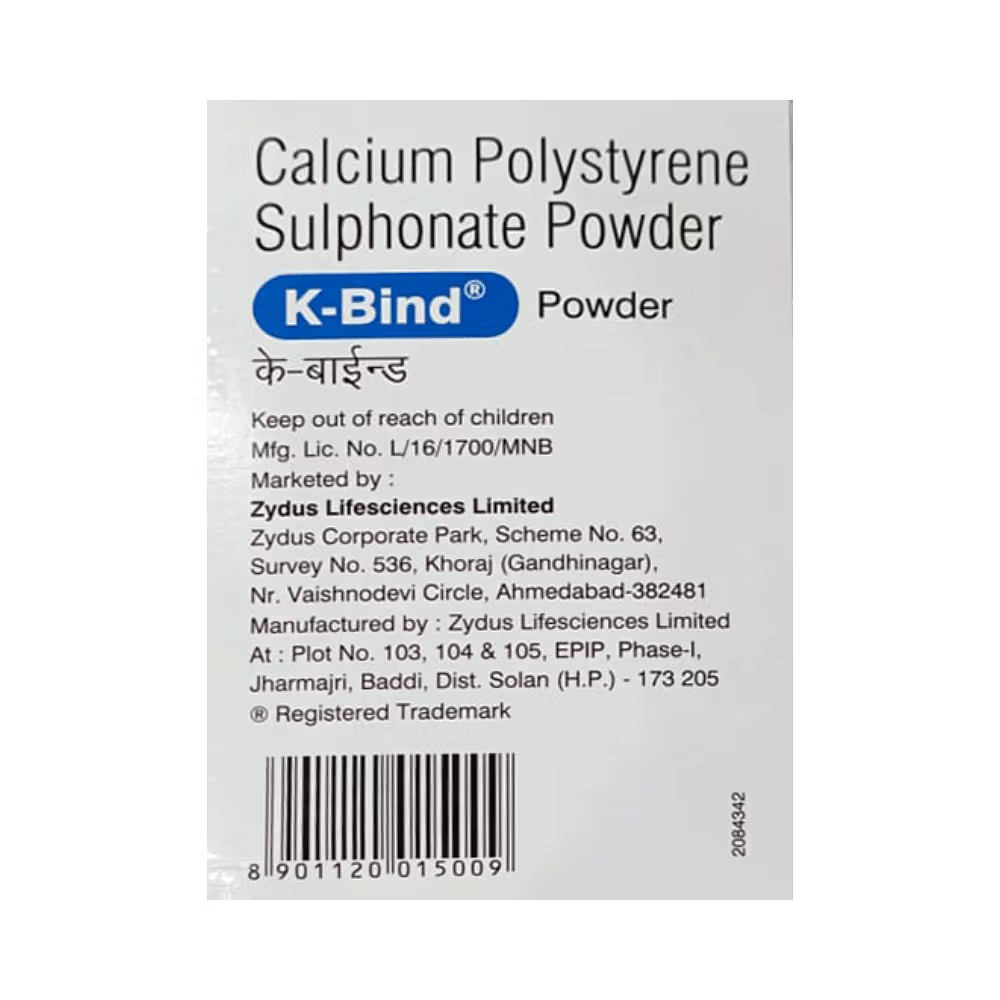
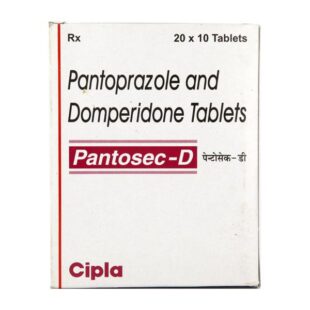
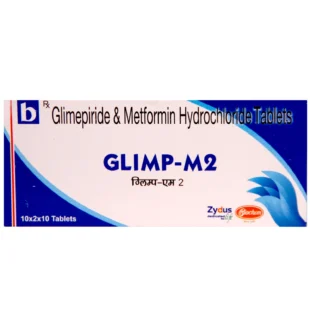
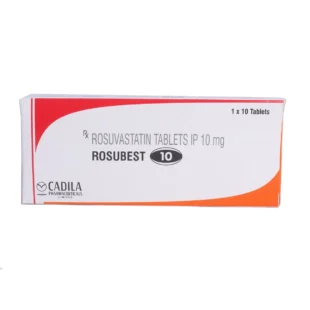
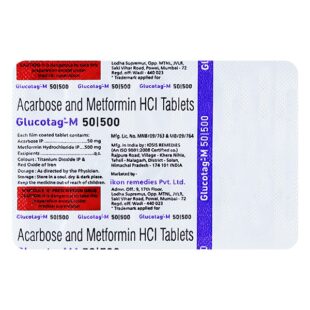
Reviews
There are no reviews yet.